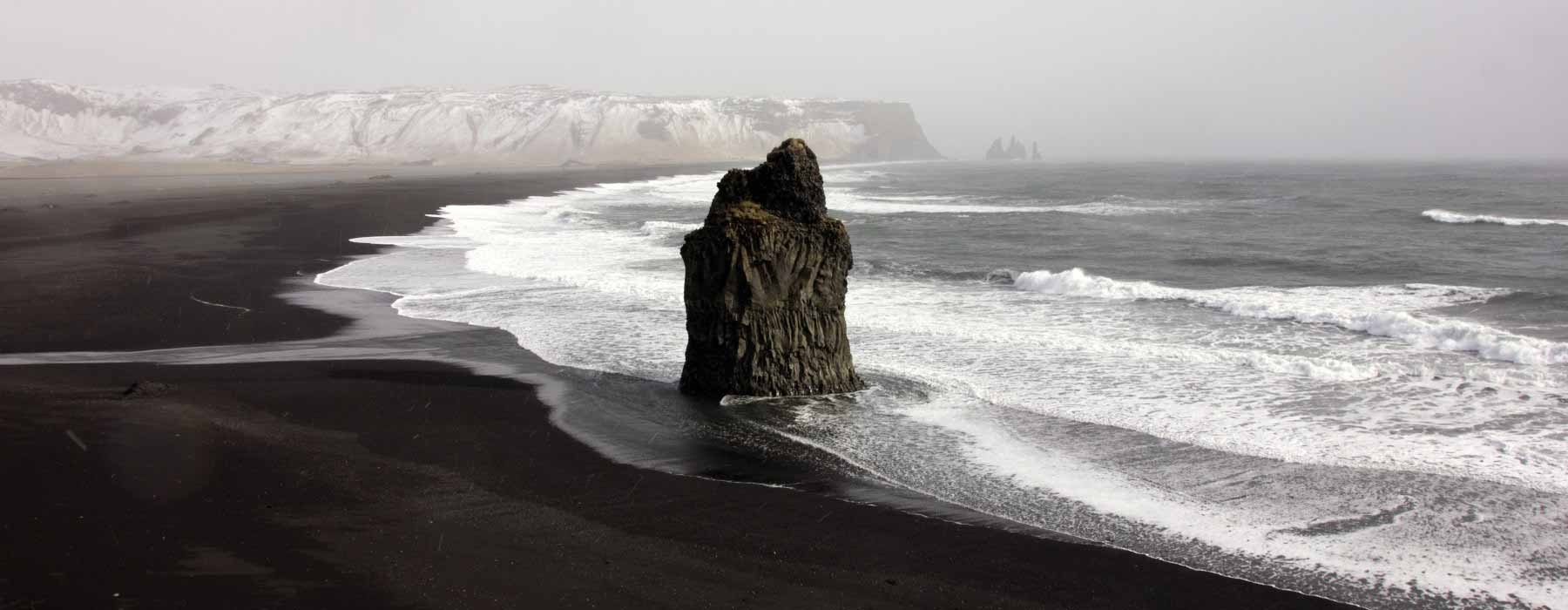Iceland is a land of magic and mystery. It’s a country known for its natural beauty and otherworldly environment, and its lunar-like terrain and geothermal activity have made it a popular destination. It's no surprise that tourism has boomed in recent years. However, Iceland's beauty is also its vulnerability, and the country has recognised the importance of sustainable tourism to preserve its precious resources. There has been a push to protect this incredible landscape before it is too late; various initiatives have been implemented to boost sustainability in Iceland, aimed at preserving its raw materials and promoting sustainable tourism and development.
Renewable Energy
Iceland is covered in a smattering of steaming geothermal hot springs and geysers, which send plumes of boiling water into the air; it is this geothermal energy that makes the country a world leader in renewable energy production. With over 80% of its energy coming from renewable sources - such as geothermal and hydroelectric power - the country’s reliance on fossil fuels has seriously reduced, helping to mitigate the impact of climate change. Be sure to sit back and relax in a geothermally heated pool, or even enjoy a tour of a geothermal energy plant and learn all about Iceland’s sustainable energy.
Recycling
Recycling is a big part of sustainability in Iceland. There is a comprehensive recycling system in place, with separate bins for different types of waste, such as paper, plastic and glass. This has helped to reduce the amount of waste sent to landfills and promote the reuse of materials. It is important for tourists to abide by these recycling rules; avoiding single-use plastic and buying Icelandic products will help.
Sustainable Tourism
Sustainable tourism in Iceland is not just a buzzword, it's a way of life. Tourists are encouraged to explore the country responsibly, with a focus on minimising their environmental impact. Whether it's by taking eco-friendly transportation (Iceland has set a goal to become carbon neutral by 2040), staying at sustainable accommodation, or taking part in low-impact activities like hiking or kayaking. Some key things to be aware of in order to be a responsible tourist include not stepping on or touching moss, keeping to designated hiking trails, not driving off-road, avoiding single-use bottles, not touching or feeding wildlife and leaving any rocks where they belong. If you stick to these, you will be doing your bit to help Iceland’s sustainability efforts.
Iceland's tourism industry is also committed to educating visitors about the country's unique environment and the importance of sustainability. From fascinating information centres to exciting guided tours, travellers can learn about Iceland's geology, ecology and culture, and how their actions can make a difference.
Sustainable Fishing Practices
As an island with temperatures that often don’t rise above zero in the winter months, Iceland has always relied heavily on the ocean for food. Strict fishing regulations have been implemented to try and conserve the sustainability of its fish stocks and avoid overfishing. These regulations include quotas on fishing, restrictions on fishing gear and the protection of breeding grounds, which all come together to aid sustainability in Iceland. While touring Iceland, you may spot whale on the menu, but it is best to avoid eating it as per the International Whaling Commission’s whaling ban.



